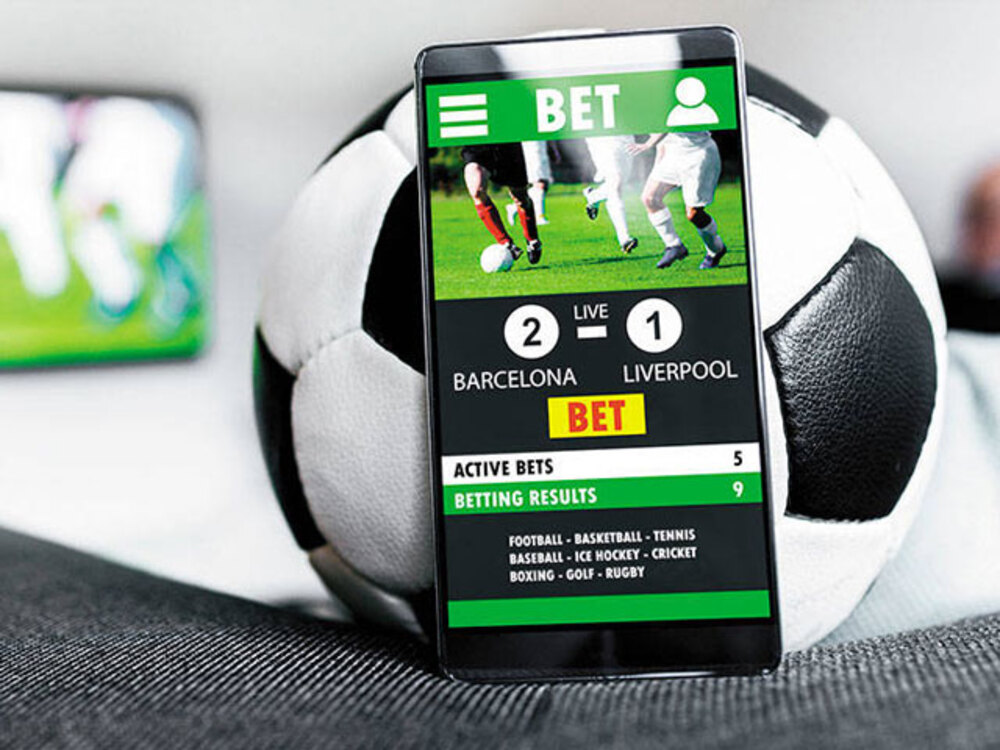Zona de Azar Brazil – Brazil: Does the Collective Hysteria Against Bets Make Any Sense?
 Brazil – October 15, 2024 www.zonadeazar.com Legalized in December 2018, online betting companies (sports betting and online casino games) have faced intense collective attacks in recent months. Coincidentally, this movement comes at the final stage of implementing the regulatory framework for the sector.
Brazil – October 15, 2024 www.zonadeazar.com Legalized in December 2018, online betting companies (sports betting and online casino games) have faced intense collective attacks in recent months. Coincidentally, this movement comes at the final stage of implementing the regulatory framework for the sector.
Since October 1st, only companies that have applied for a license from the Ministry of Finance are authorized to operate until the end of the year. As of January 1, 2025, only betting companies properly authorized by the federal government will be allowed to operate and advertise nationwide.

Addressing this topic, the opinion article “Does the Collective Hysteria Against Bets Make Any Sense?” was written by journalist Fernando Mello and published on the Poder360 portal last Sunday (13th).
An expert in crisis management and the sports industry and vice-president of the Paulista Football Federation, Mello discusses the ‘sectoral image crisis’ and raises relevant questions.
Read Fernando Mello’s article on the hysteria against the online betting sector:
“Brazil is truly a curious country. Just when regulation is being implemented to strictly control what has existed without oversight in the country for almost a decade, bets have suddenly become the biggest villains of Brazilian health and economy.
While this billion-dollar activity operated in the shadows, headquartered in tax havens due to the ban on operating here, words like gambling addiction or betting addiction were nowhere to be seen in the press. Since it wasn’t a government issue, the problem was swept under the rug as if it didn’t exist, generating not a single cent in taxes.
As soon as the government set clear rules, in a meticulous and competent effort led by lawyer José Francisco Manssur at the Ministry of Finance, the media ‘discovered’ that sports or gambling games could be addictive.
This is a typical case of selective discovery that periodically grips the media. For at least seven years, bets invaded TV, radios, and newspapers without any questioning. You can count on one hand the journalists who spoke out against betting.
Before the widespread attack organized by public opinion, Lula had his eye on the potential R$ 3 billion in revenue. Now, Minister Fernando Haddad and the president himself claim there is a gambling addiction epidemic and express concern about a global problem.
Here are some important questions:
Did the government only realize gambling addiction now?
Isn’t the media also responsible for the increase in addicted individuals due to the overexposure of bets?
Which media outlet will be the first to admit its own fault?
The hypocrisy is so great that every day, one can find reports on major portals pointing out the problems of betting companies, side by side with ads from those same companies.
According to a survey by the Estado de S. Paulo newspaper released in March 2023 and replicated in a recent study by Itaú Bank, betting companies injected R$ 3.5 billion into Brazilian football. As the study predates the entry (and exit) of Vai de Bet into Corinthians, which had a cascading inflationary effect on club advertising, the figures in 2024 are expected to exceed R$ 4 billion.
The first significant sponsorship from the sector in Brazilian football was back in December 2018 with Fortaleza. Without Jair Bolsonaro’s (PL) government acting to create clear rules, bets became the main source of sponsorship for Brazil’s biggest passion.
Among the 40 clubs in Series A and B of the Brazilian Championship, only Palmeiras and Cuiabá do not feature a betting company on their jerseys. In the women’s category, however, Palmeiras has already joined. The two main championships of the CBF (Brazilian Football Confederation) have Betano as the holder of the naming rights.
Investments in media outlets also reached billions. According to Ibope Monitor, open TV channels concentrated 44% of bets’ advertising spending, with R$ 921.188 million. The total media spending exceeded R$ 2.071 billion in 2023, a figure that will certainly increase in 2024.
A sectoral image crisis, as we know, does not happen by chance. There are enormous interests from banks, retailers, and other industries seeking to curb consumer spending on sports betting. There is only one pot of money. The more one sector grows, the less is left for others.
It is clear that betting companies must revise some concepts and work effectively to combat addiction. Today, technology allows tracking accounts and cross-referencing data. It doesn’t seem reasonable for Bolsa Família beneficiaries to use public funds to bet, or for individuals in debt to see the illusion of easy money as a way to solve their problems. Sports betting is entertainment, not a means to get rich.
Like any crisis, the bets crisis has an expiration date. Eventually, the subject tires. Companies that effectively support responsible gambling, exclude vulnerable people from their platforms, and adopt strict compliance and security rules will survive.
In the past, the enemies of society were cigarettes, beer, banks, and construction companies. Tobacco still kills. Alcohol continues to destroy families and generate violence. Interest rates continue to make bankers billionaires at the expense of millions of impoverished people. No one in their right mind can say that corruption in public works has disappeared. The only thing that has changed is the public opinion’s zeal to destroy the villain of the moment. The hysteria will soon end.”
Edited by: @_fonta
www.zonadeazar.com










































